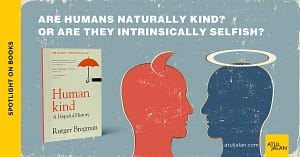Cain
The Author
This is the second book of Saramago’s I revisited in the last one month. Reading without much punctuation brings on a rhythm and rapidity to the words and ideas that infiltrate my brain, and leaves me breathless. Such a style would bore and drag in the hands of a lesser writer, and perhaps, turn away a reader. But then, Saramago knows how to race between blindness and light, heaven and earth, real and metaphorical, the sarcastic and the platitudinous, and turn up at the winning post without breaking much of a sweat.
Cain is the last book that Saramago wrote, just before his death, and along with The Gospel According to Jesus Christ, remains true to his irreverence for religious scripture and iconography. He died with his atheist (and communist) beliefs intact; mocking religion, customs, people, possessions, well almost everything, but with a lightness of touch that makes his work memorable.
The Story
Trying to write a story where Cain is the protagonist and God is the villain is no easy joy-ride. What Saramago does with aplomb, to give his take on multiple episodes of the Old Testament, is to allow Cain the freedom to wander through both time and space. Cain’s punishment for murdering his brother, Abel, was to wander forever, and it is this detail that Saramago exaggerates to build his storyline. Book of Genesis stories such as Original Sin, Fall of Man are mixed with biblical favourites, Noah’s Ark, Tower of Babel, Destruction of Sodom and Gomorrah, a later myth like the story of Lilith, and the sufferings of Job at the hands of Satan. The reader is sent on a roller-coaster between time and stories, with Cain pointing an accusatory finger at God for all the mistakes he made.
The Subtext
Cain is a representation of the common man who has his flaws (meanness, jealousy, lust, greed, revenge, etc.) but suffers various injustices at the hands of those in power. The concept of God here is nothing but that of a tyrant: oppressive, petulant, scheming, ruthless and diabolical. Cain is given a wide berth to rave and rant against the vileness of God but the story is balanced by wit, situational comedy and a simplicity bordering on naivete.



